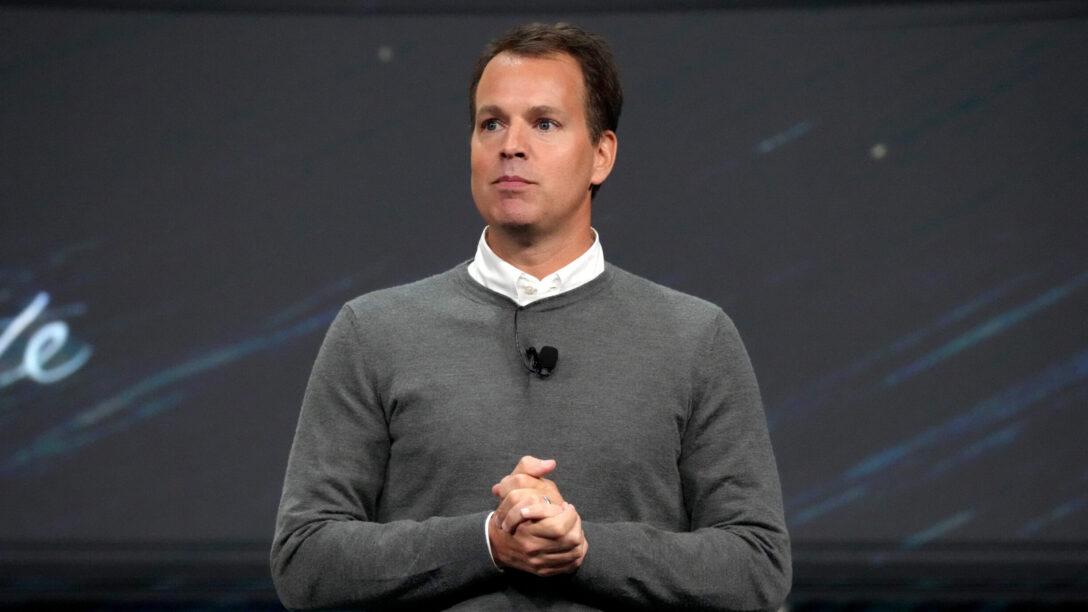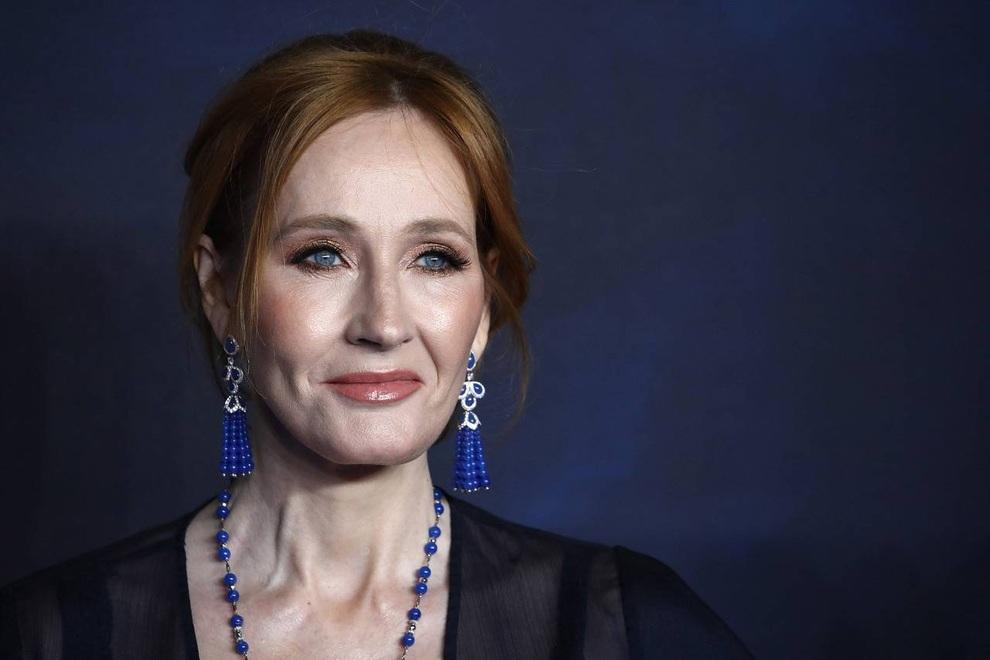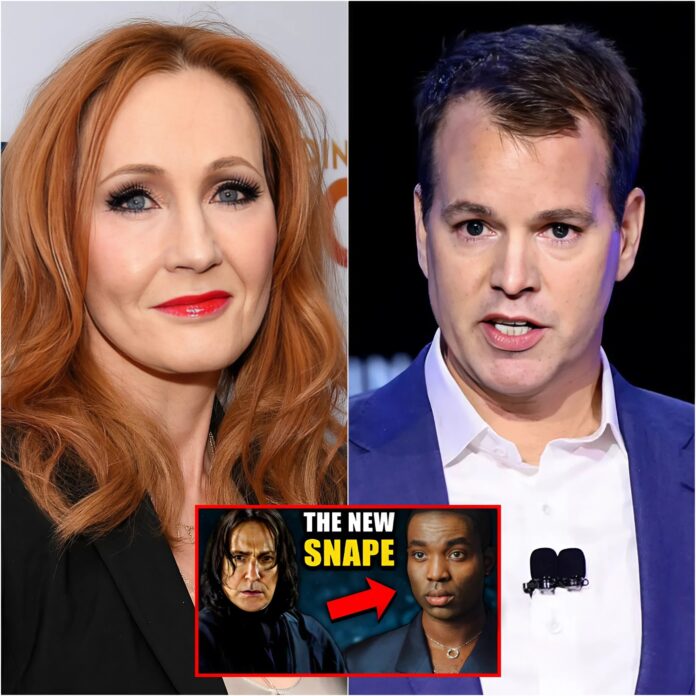The entertainment industry is reeling from a dramatic standoff between J.K. Rowling and HBO, as the Harry Potter author has pulled an eye-watering $150 million in funding from the network’s highly publicized reboot of her franchise. The move, confirmed by her legal team, comes in direct response to the casting of actor Paapa Essiedu as Severus Snape—a decision that has triggered fierce cultural debate and laid bare Hollywood’s ongoing struggle between creative fidelity, inclusivity, and studio control.
The controversy ignited when HBO, with director Mark Mylod at the helm, announced Essiedu as the new Snape. Intended as a bold push for diversity, the casting was met with swift backlash from segments of Rowling’s fanbase and conservative commentators, who blasted it as “agenda-driven” and inconsistent with the character’s description in the novels. Supporters praised the move as progressive, but detractors argued it strayed too far from Rowling’s established vision of the dark, pale, morally complex potions master.
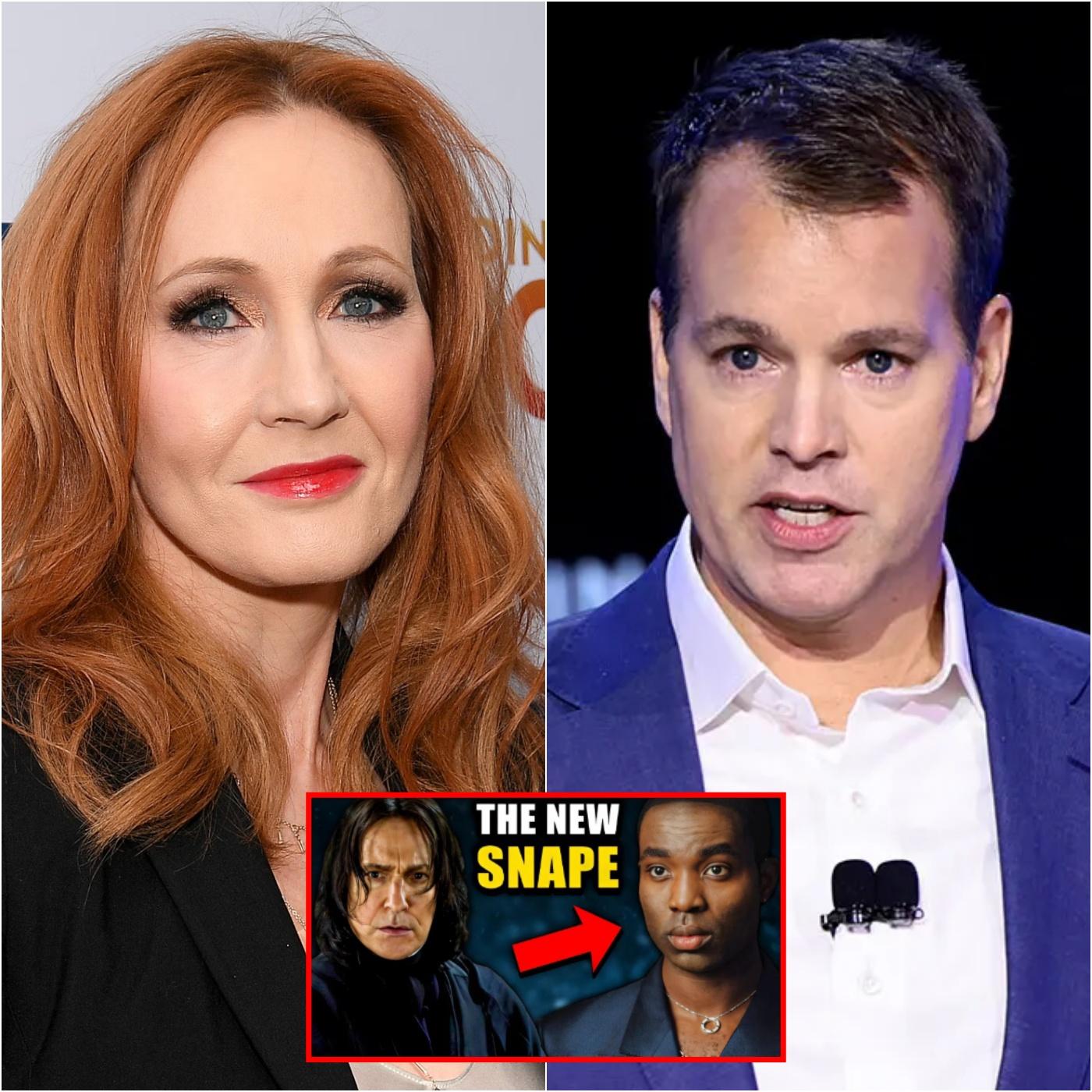
Tensions between Rowling and HBO had reportedly been simmering for months. Insiders claim the author bristled at what she saw as the studio’s attempt to reshape her characters to fit modern political and cultural priorities. The breaking point came during a contentious meeting with Mylod, where Rowling pressed the director to reconsider. When he refused, she ended the exchange with five pointed words: “You’ve made your choice. Goodbye.” Hours later, her lawyers announced she was pulling her $150 million contribution—funds earmarked for production, marketing, and high-end visual effects.
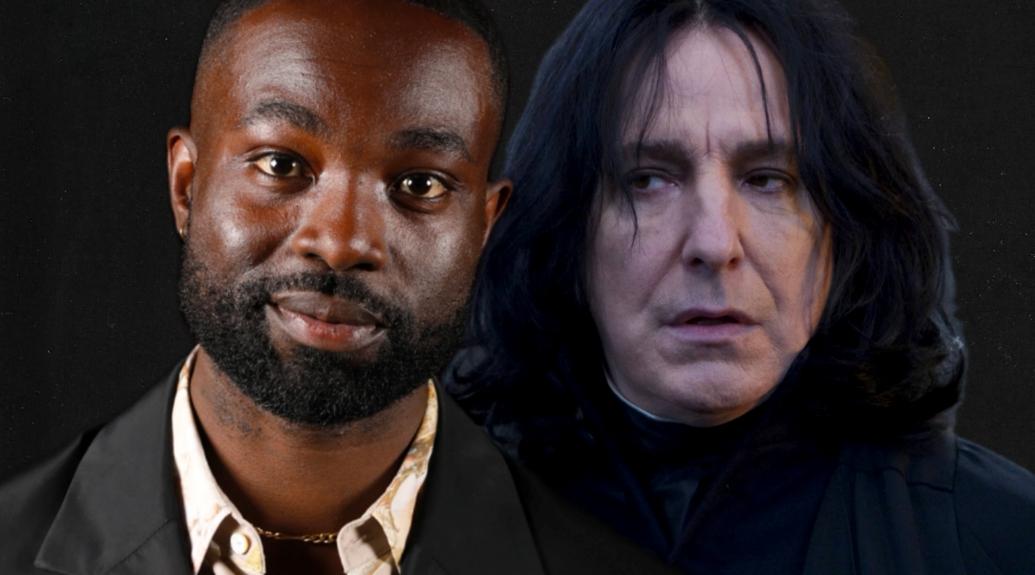
The fallout has thrown HBO’s reboot into turmoil. Executives are scrambling to cover the financial crater left by Rowling’s departure, with insiders admitting the project’s ambitious scope may now be unsustainable. One department head reportedly lamented, “We’ll regret this for the rest of our lives.” Some within the studio fear the adaptation could collapse entirely without Rowling’s backing, both financial and symbolic.
Public reaction has been polarized. On X, Rowling loyalists praised her for defending artistic integrity, insisting Snape’s design and backstory are inseparable from his identity. Critics, however, accused her of veiled prejudice, arguing that her stance masks resistance to inclusivity. “This isn’t about ‘integrity’—it’s about control and bias,” one detractor posted, sparking heated threads across social media. HBO has so far remained silent, leaving fans and critics to speculate on the reboot’s fate.
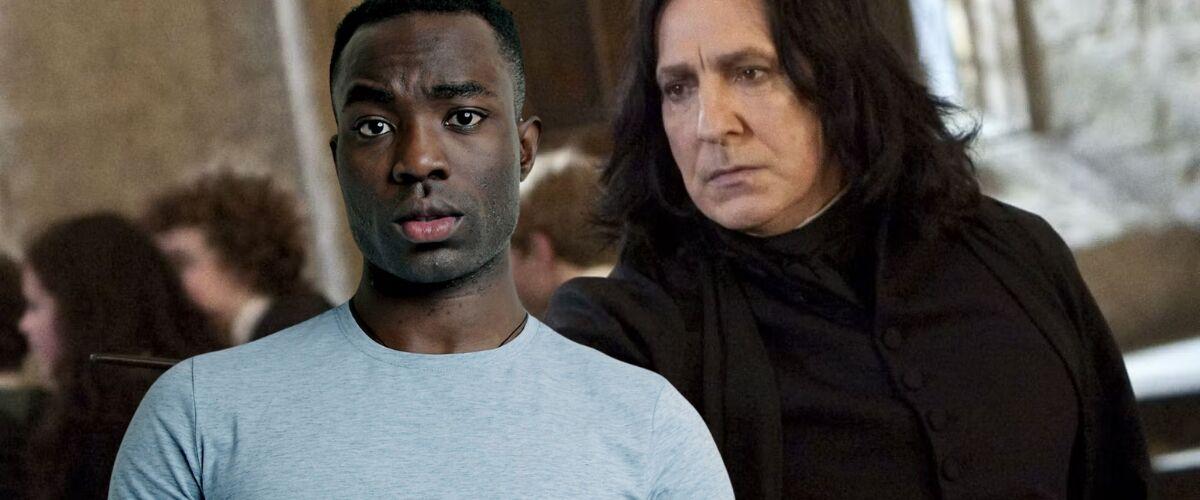
Beyond the immediate crisis, the dispute highlights a larger question: how much power should creators wield over their own legacies in an era where franchises are continually reimagined for new audiences? Rowling’s unparalleled authority over the Harry Potter universe gives her rare leverage, while HBO’s push for broader representation reflects shifting industry values. Caught in the crossfire is Paapa Essiedu, a talented actor now overshadowed by a controversy not of his making.
For fans, the dream of returning to Hogwarts has soured into a bitter clash over identity, authorship, and the future of blockbuster storytelling. Once envisioned as a triumphant revival, the reboot now stands as a cautionary tale: in Hollywood, the magic can unravel as quickly as it’s conjured.
